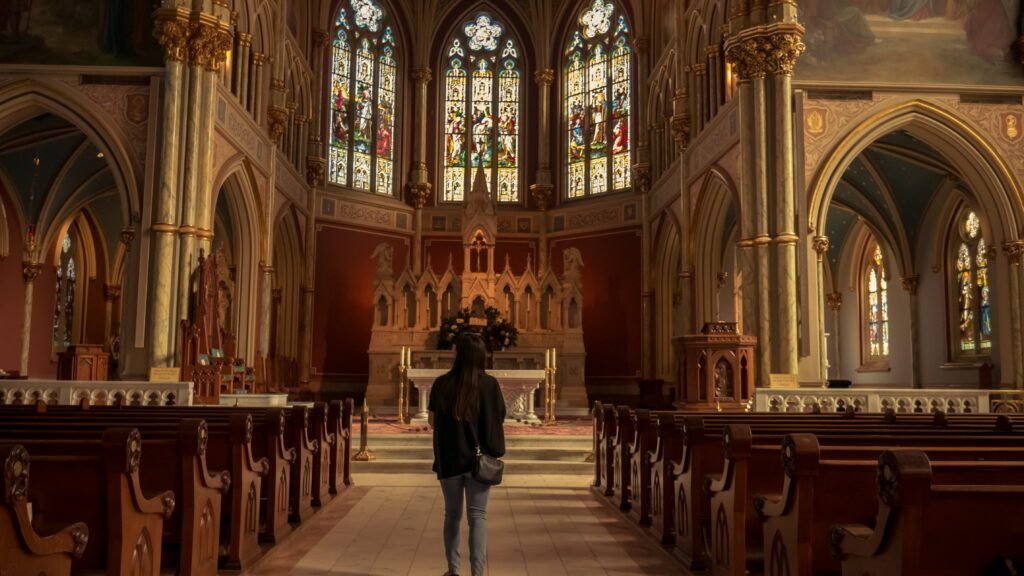- Call : +917986864716
- HEAD OFFICE : BISHOP'S HOUSE, ll-TAYLOR ROAD, AMRITSAR
- CORRESPONDENCE OFFICE : #129430, VILLAGE PANDORI WARAICH, MAJITHA ROAD, AMRITSAR-143008

Amritsar Diocesan Trust Association (ADTA) is a Religious organisation established in the year 1959-60 Registered No.99 has been always sufficed, ADTA (CIPBC) Anglican Church of India. The organization has, since it’s establishment always been involved in works of charity and the preaching of the Holy Bible in the Christian Brethren.
Well kept and socially esteemed by the east-while various Bishop’s and later succeeded by Rt.Rev.Tabir-Ul-Haq the works and officiating of all the works of God. Now by the Rt.Rev.Shehnaz Gill, who has been an active personality since long and accumulated all the works before his tenure and during the years when (ADTA) much needed a person of much calibre.
Amritsar Diocesan Trust Association has the properitorship of the immovable assets such as Schools,colleges, hospitals,bunglows,kothies,shops and as well free lands such as relating to agriculture, in the states of Punjab, Harayana, Himachal Pradesh, J&K Ladakh, and the Union territory of Delhi and it’s surroundings, As Amritsar Diocesan Trust Association has all the rights reserved of these properties in its own jurisdiction. Rt.Rev.Shehnaz Gill has a strong team of council and members as listed
The Church of India – CIPBC (formerly the Church of England in India) is the original Anglican Church in India. The Anglican presence in India dates back four hundred years ago to 1600, when Queen Elizabeth I was still on the throne of England. From that time until within living memory British chaplains and missionaries arrived in ever-increasing numbers, and were the first to minister to the expatriate British community, and later to bring the Gospel of Jesus Christ to the Indian people themselves.
The Diocese of Calcutta was promulgated in 1814; its territory included not only India but also those countries known today as Pakistan, Bangladesh, Burma (Myanmar) and Ceylon (Sri Lanka), and also from 1824 to 1836, Australia as well. With the foundation of the Diocese of Madras in 1835 and the Diocese of Bombay in 1837 the Indian Church was formed into a Province, with the Bishop of Calcutta being Metropolitan ex officio.
For the next ninety years, that is until 1927, the Church of India was a Province of the Church of England, under the authority of the Crown and the British Parliament.
On the 22nd of December 1927, The Parliament of England passed an enactment known as the Indian Church Act of 1927. The Indian Church Act, 1927 (17&18 Geo.5, CH.40) makes the provision incidental to and consequential on the dissolution of the legal union between the Church of England and the Church of England in India, and the Church of England in Ceylon. By means of the Indian Church Act 1927 the Province of The Church of India, Burma and Ceylon came under the administration of Indian Church Act of 1927. Hence in 1927 a new, independent Church was formed – the Church of India, Burma and Ceylon. Until 1927 the Province of India was the 3rd Province of the Church of England with its Metropolitical establishment at Calcutta.
Arising from the enactment of the Indian Church Measure and the Indian Church Act for the dissolution of its legal connection with the Church of England, the Church of India, Pakistan, Burma and Ceylon is governed by its own very comprehensive “Constitution, Canons, and Rules” commonly called the Canons. The Constitution, Canons and Rules are binding on all members of the Church of India – CIPBC, that is all the clergy and lay people as well.
The Church of India – CIPBC continues to receive a measure of legal protection under the terms of the Indian Church Measures of 1927, and the Indian Church Act of 1927. On the basis of the proclamation made by the English Privy Council concerning the India Church Act of 1927, and the Independence Act 1947, the ownership of the Indian Church properties has been examined by the competent Indian Government authorities, and are rightly held in trust by the Indian Church Trustees as the absolute owners of all such Church properties in India. The Church of India – CIPBC is seeking to effect control and administration over all its Church properties and the General Council is regularly holding its meetings under the provisions of the CIPBC Constitution, Canons and Rules.
Amritsar Diocesan Trust Association (ADTA) is a Religious organisation established in the year 1959-60 Registered No.99 has been always sufficed, ADTA (CIPBC) Anglican Church of India. The organization has, since it’s establishment always been involved in works of charity and the preaching of the Holy Bible in the Christian Brethren.
©2023. ADTA All Rights Reserved.